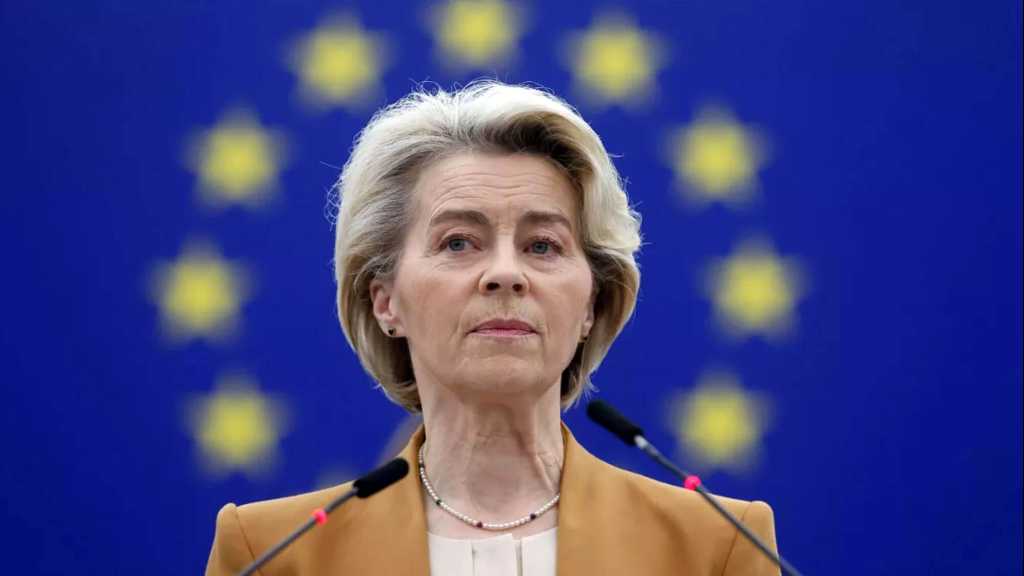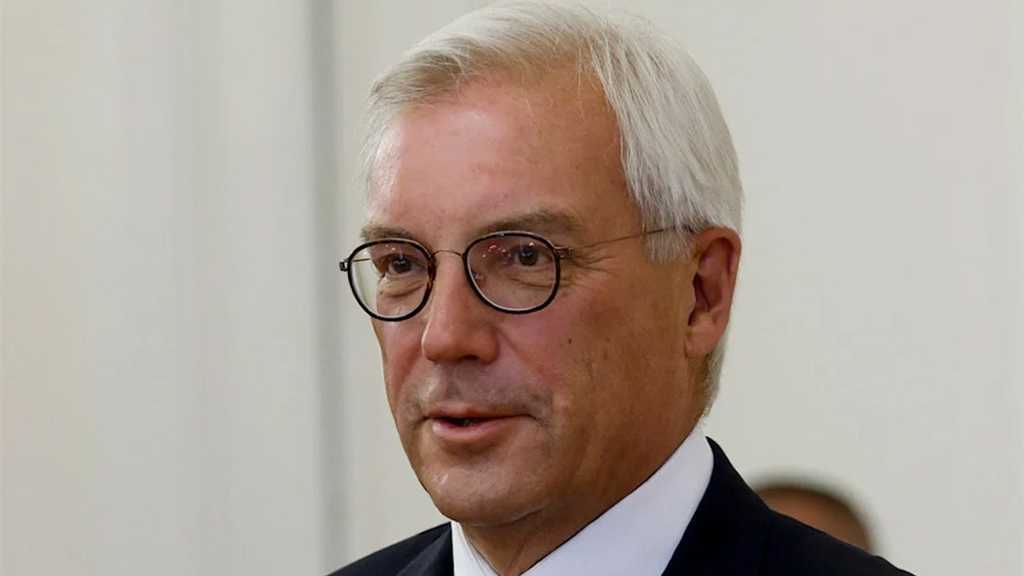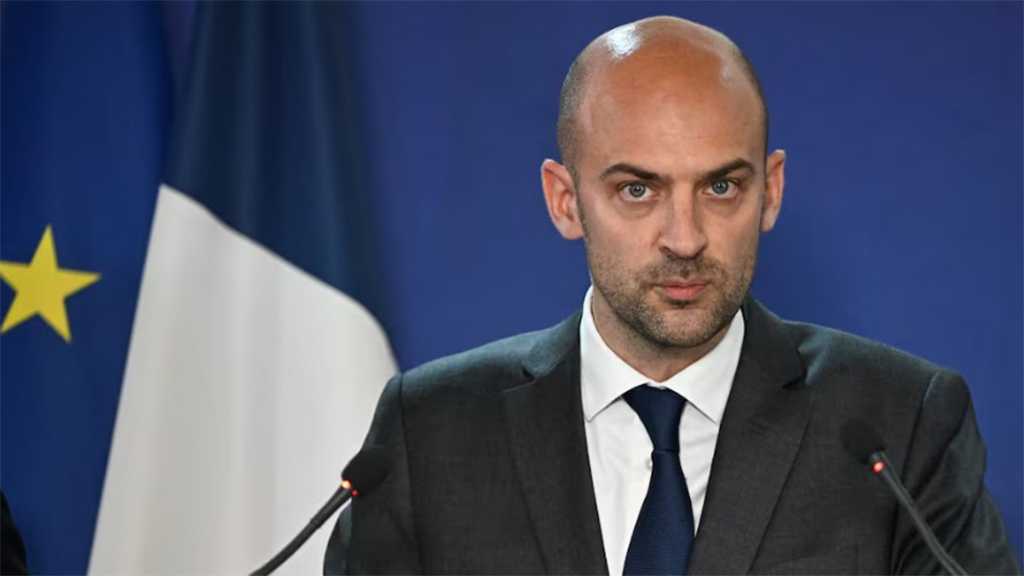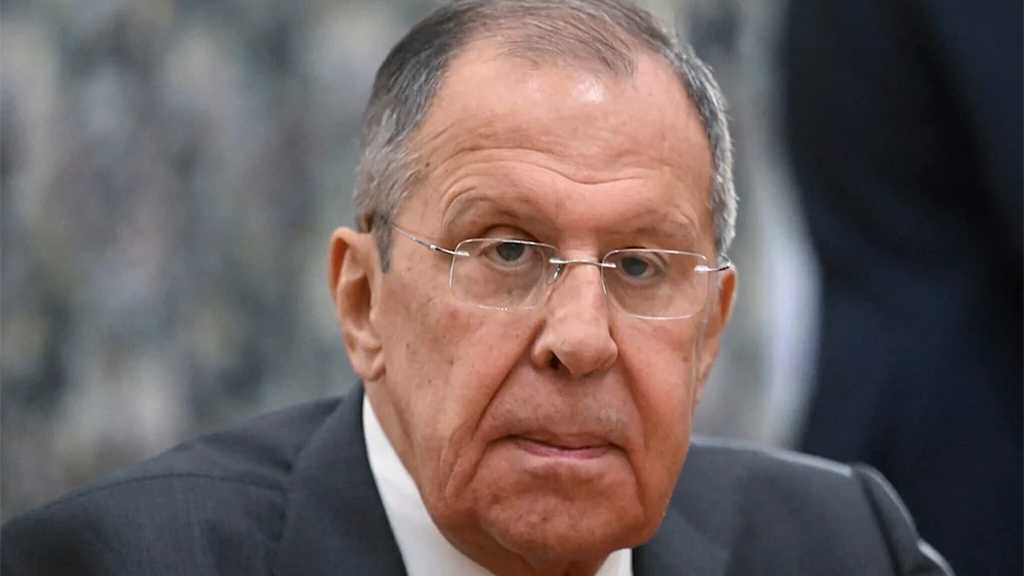Von der Leyen Faces No-Confidence Threat from MEPs

By Staff, Agencies
The Members of the European Parliament [MEPs] are set to vote on a motion of no confidence against European Commission President Ursula Von der Leyen next week, citing her handling of a controversial Covid-19 vaccine deal, according to multiple media reports.
The motion, brought forward by Romanian MEP Gheorghe Piperea, is scheduled for debate on July 7, followed by a vote on July 10 during the European Parliament’s plenary session in Strasbourg, Politico reported on Wednesday.
Von der Leyen has been accused of a lack of transparency and mismanagement during the pandemic, specifically over her refusal to disclose text messages exchanged with Pfizer CEO Albert Bourla during 2021 negotiations over a multi-billion-euro contract for Covid-19 vaccines.
The move follows a ruling by the EU’s Court of Justice, which found that the European Commission had failed to provide credible justification for not releasing the texts.
“The Commission cannot merely state that it does not hold the requested documents but must provide credible explanations,” the court ruled in May.
The refusal to share the messages even after the court order showed “a continued pattern of institutional overreach, democratic disregard, and erosion of public trust in the Union’s governance,” Piperea argued last month.
Despite reaching the 72-signature threshold, the no-confidence vote is seen as symbolic due to tough approval rules. Piperea called it a “crucial opportunity for constructive and substantiated criticism towards President von der Leyen.”
Von der Leyen’s EPP and allied centrist groups won’t back the motion, despite some members voicing frustration over the Commission’s “hypocritical” stance on transparency.
If passed, the motion would force the entire Commission to resign—something that’s only happened once, in 1999. A similar attempt in 2014 against Juncker failed by a wide margin.
Comments
- Related News



